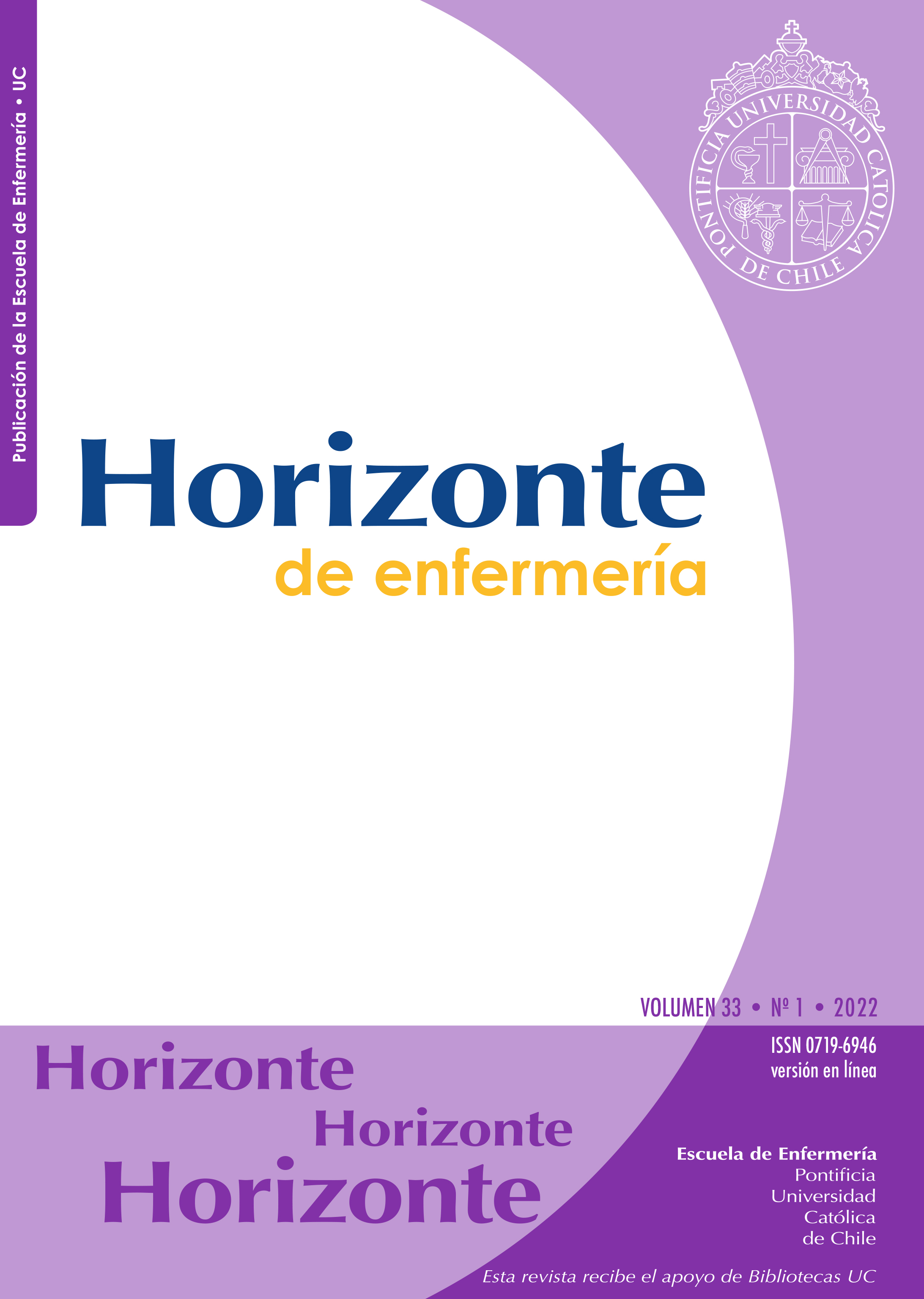THE PERCEPTION AND MANAGEMENT OF EMOTIONS IN NURSING STUDENTS UNDER CLINICAL TRAINING
Contenido principal del artículo
Resumen
BACKGROUND: Patient care must be understood holistically and to achieve this goal, nurses must be aware and familiar with the world of emotions. Poor handling of emotions by nursing professionals can affect their health, also leading to lower-quality care. Therefore, it is important to explore the management of their emotions before becoming a nurse. PURPOSE: To evaluate Perceived Emotional Intelligence in 3rd- year nursing students in an academic context and in clinical practicum. METHODOLOGY: Longitudinal and prospective design. The Trait Meta-Mood Scale-24 was used at three different moments, the first two corresponding to the academic context and the third to the clinical practice context, the age variable was also analyzed. RESULTS: 40 students of an average age (24.81±1.164 years old). Perception and Emotional Regulation were found to be different according to the learning context. Students over the age of 25 years old were also found to perceive their emotions better, but to understand them worse. CONCLUSIONS: Nursing students’ perception of their own emotions may vary in function of their learning context, with age being a factor that has an influence on the management of emotions. Implications: In the design of the nursing program it’s important to include managing emotions and to choose when to do so.
